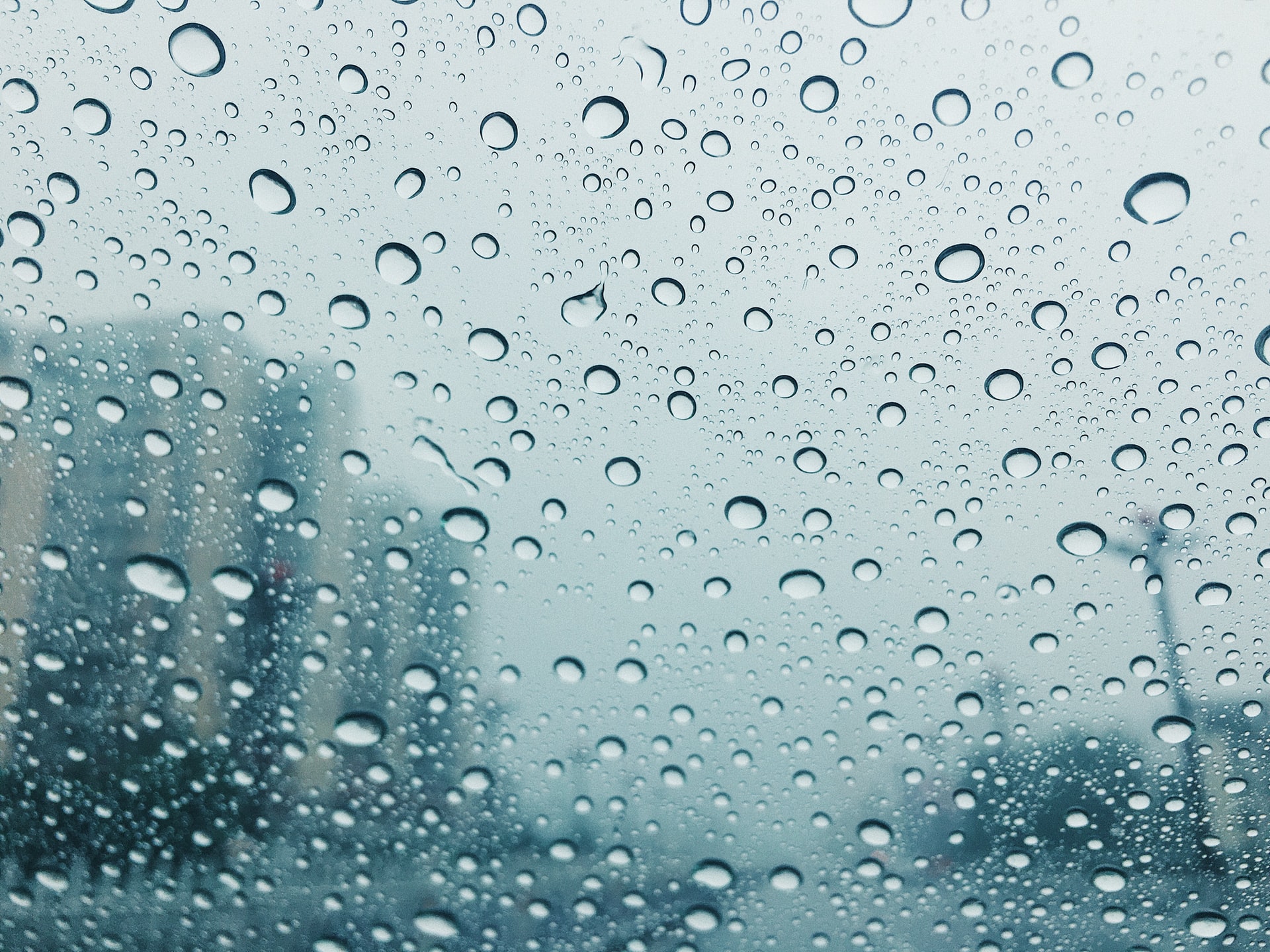Water and its relationships with Real Estate
Water is one of the non-renewable resources. Hence, it is our responsibility to pay attention to water management and use it carefully, if not for us, then for future generations. Most of the time, the water shortage we face is due to the excessive water leakage in buildings. This can be due to faulty fittings and weak infrastructure in general. These are elements to pay attention to in a world that will have a growing a population.
Remember that paying attention to efficiency and sustainability means paying attention to it in all forms from energy consumption to water waste. If we are able to minimize forms of waste in energy and water, we will all be better off.
How does water relate to real estate? Can we make minor improvements in real estate to minimize water waste? Here is what you need to know.
Manage Water And Preserve it When Designing Real Estate
For effective water management, one can think that one of the ways to do so is to focus on water resources management and proper use of water in real estate, as this can generously help minimize the wastage of water. The simple thinking here is that real estate is integral to living and so is water, so if one design real estate well, it can minimize water issues.
Here are the ways through which we can manage water carefully in real estate.
One of the water management solutions is to fix any leaks in your building. According to the U.S. Environmental Protection Agency, each family in the U.S. wastes up to 10,000 gallons of water. Water leaks are the primary reason for water wastage through leakages from bathtubs, pipelines, faulty plumbing under sinks, and puddles of water around the sprinkler system.
Another way to manage water effectively in real estate is by installing aerators on faucets. Aerators generally go down the spout to provide the air stream. It helps save water by delivering less water with the same or increased pressure; hence, it is one of the most effective water management solutions.
Effective water management will automatically leads to efficient water utility management. Hence, you will be able to save quite a bit on your utility bills as well. One of the ways for water real estate management is replacing old appliances and faucets with new ones, which are more effective in saving water. Old water faucets and showerheads tend to waste a considerable amount of water; you can look for better replacements through the EPA (environmental protection agency) for your property.
Think about Water Monitoring
Prompt and effective water monitoring can be one of the solutions to minimize the wastage of water. In addition to this, it can be best for the future of water, especially when considering real estate.
As buildings and other real estate properties have huge water setups, it is difficult to interpret where and when the water is being used until technological and management changes are not made. Accurate metering of water systems in the building will provide a detailed overview of water consumption throughout the building. In addition to this, setting up digital sub-meters across water consumption units such as bathrooms and kitchens will aid in the total wastage of water which can be minimized by setting up future goals.
In addition to this, this will allow the managers and real estate owners to come up with new and effective water property management strategies.
Water Conservation and Real Estate
Through various water management methods and water sustainability methods, the future of water for real estate will be much safer and secure. We will have much left from this resource to provide for our future generations.
As we know, the population is growing day by day, and space and resources are shrinking; hence, starting today will contribute to much ease in the future. In addition to this, many people now opt for real estate buildings and flats to live in to be away from the hassle of maintaining the whole place.
However, these buildings are one of the significant contributors to the loss of water.
Opting for a comprehensive strategy will surely not be much efficient to control and minimize the overall loss of water; hence, a combination of techniques will be much more effective in catering to the loss and managing future water requirements. In addition to this, by combining various approaches, the sustainability of water will increase, but the unit cost of water will also become much cheaper.
Conclusively, there are many ways through which water loss and wastage can be managed effectively in real estate, and the sustainability of water can improve. Minimizing the loss of water, in general, is a positive contribution to the environment as well as to the climate change the overall world is facing.

